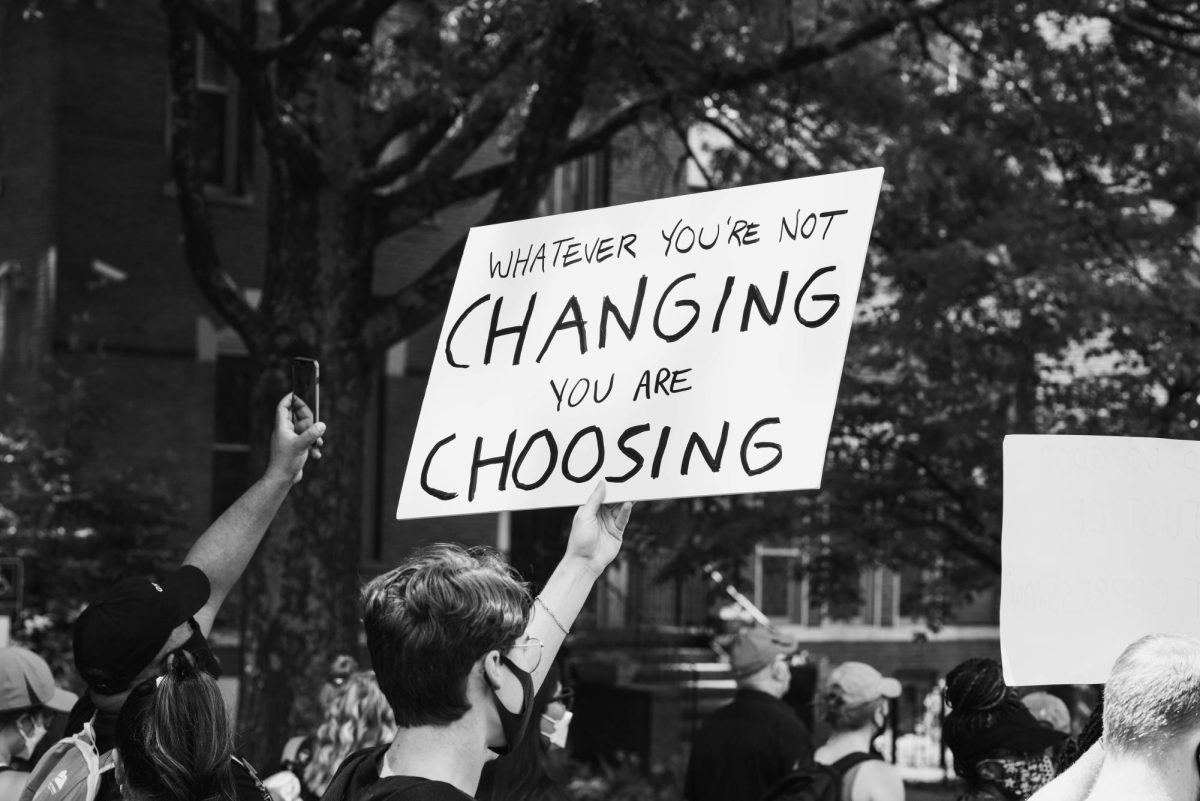Last week, the president of the United States decided to join striking members of the United Auto Workers in Michigan. Press secretary Karine Jean-Pierre was asked whether the president was, therefore, in favor of the union’s requests. She, of course, dodged the question in rich Biden administration fashion, refusing to “go into details.” These requests include an astounding 40% increase in pay and a 32-hour work week. More pay. Less work. Stand by for union requests asking for free trips to Disney World and flying broomsticks to take them there.
Of course, we know where the Biden administration stands on this issue. Despite the Biden administration’s deployment of acting Labor Secretary Julie Su and White House Senior Adviser Gene Sperling to help “fairly” mediate the situation, there is no impartiality from President Biden’s White House. The president actually held a bullhorn on the picket line and told the strikers to “stick with it.” Moreover, he was literally wearing their hat. His support for the union, laying plainly on his forehead, is about as direct of a message as possible. If I had a dispute with Iowa State University and the mediator walked in with Cy’s merchandise on their head, I probably wouldn’t be receiving the most impartial treatment.
The demands by the automobile union are unsurprising. There has been a wave in recent years calling for these shorter work weeks in the name of productivity. No study exists that actually shows that a shorter work week induces higher levels of productivity in any high-demand environment whereby workers could additionally use another day to complete further duties. That is common sense. When an equal level of output is demanded every day, obviously, a four-day workweek will produce lower returns than a five-day workweek.
Just to be clear, shrinking a 40-hour work week to a 32-hour work week is a net loss of 416 work hours per year. The UAW represents 150,000 American autoworkers, meaning there would be a loss of 62.4 million work hours if each member’s work week were shrunk from 40 hours to 32. That’s a lot of work lost. Let’s be honest: a work week of a tiny 32 hours is amusing and alarming. I’ve worked more than that while also attending Iowa State University. Humans used to eat what they kill, but I guess now we believe we should be rewarded for less work.
What about the arguments that a greater work-life balance is necessary for Americans? Is the current work week archaic and unnecessary in our modern era? I think not. There are 168 hours in a week; let’s say you sleep seven hours a day; that leaves you 119 hours left over. Then let’s take away that evil capitalist 40 hours of work; you still have 79 hours left over. Cry me a river. Go to work.














Jake | Oct 3, 2023 at 8:43 am
I will first admit that the 32-hour workweek may not be feasible for all businesses. But we must learn to dispense with hardline views such as the one the author deploys here, especially one which ignores the worker and supports a hyper-capitalist, pro-oligarch approach to economics. [Listen for the cries and charges that I am a Communist, to which I would respond that I am a humanist.]
A simple Google search reveals that the author (and the ISD editorial staff, for that matter) did not fact-check the claim “no study exists that actually shows that a shorter work week induces higher levels of productivity.” There are, in fact, several active studies on this very thing. An article in Human Resources Magazine titled “Are Shorter Workweeks Good for Business?” cites research in which “63 percent of businesses using the four-day model find it easier to attract and retain talent, according to the research. Companies that invest in worker health and well-being can also expect employees to take fewer sick and mental health days.” Furthermore, “Kill the Five-Day Workweek”, a recent Atlantic article, stated, “Microsoft Japan and the burger chain Shake Shack tried the schedule out with some employees, with positive results. The international conglomerate Unilever’s New Zealand offices are currently in the middle of a year-long four-day experiment, the results of which could inform the schedules of the company’s 155,000 employees worldwide. The governments of Spain and Scotland are planning trials that would subsidize employers that give workers an additional day off, and politicians in Japan and New Zealand have spoken favorably of the idea of a shorter workweek.” This would suggest that it is not, in fact, a true badge of honor to work yourself into oblivion, dying of heart disease before retirement.
One could argue that it is not good business sense to view humans as dispensable, replaceable like so much worn-out sparkplugs. I’m no business major, but I’ll speak a language the business-minded can understand: with all the recruiting and training, the cost of replacing workers is much more expensive than retaining them through fair labor practices and, heaven forbid, treating them as human beings. If business instructors are not teaching that, they are failing their students.
R Fuller | Oct 3, 2023 at 2:38 pm
The claim that an additional workday would increase productivity is still true regardless of whether workers favor shortened work weeks? Your studies just show that it increases people’s ability to find workers or that the workers like shorter work weeks more. It looks like the author is just arguing that in strict work settings with limited sick leave and equal demand everyday you get more productivity which is valid.